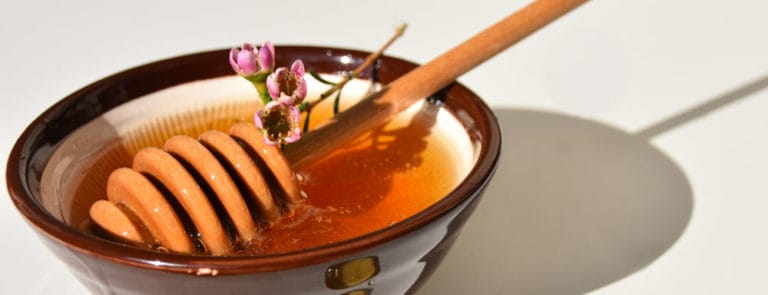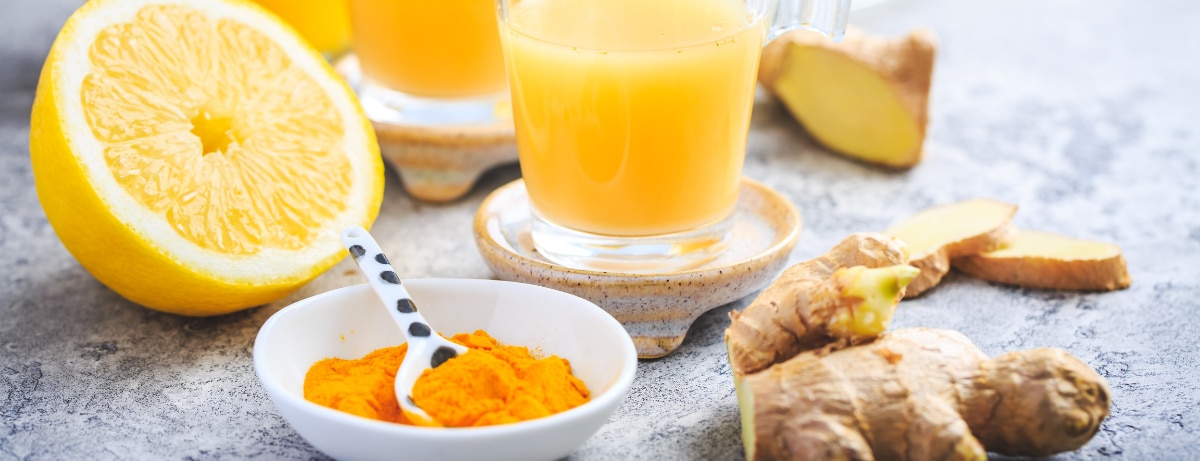10% off £35
Discover the health benefits of chlorella

These microscopic green algae are packed with vitamins, minerals, protein and the phytonutrient chlorophyll. Science suggests they have a host of other benefits for you too.
What is chlorella?
Chlorella are tiny, single-cell algae, which live in fresh water ponds and lakes.
The name comes from the Greek word for ‘green’, a reference to their vivid colour. However, they’re more than just fish fodder.
These little guys are rich in a long list of vitamins and minerals, including:1
Benefits of CHLORELLA
What is chlorella used for?
When dried, nearly half their weight is protein (twice as much as spinach), and they contain nine essential amino acids.
Plus, as their appearance suggests, they're high in chlorophyll – the green pigment plants use to make energy from sunlight (thought by some to clear the body of toxins when consumed).
These microscopic pond-dwellers may even be the original superfood: back in the 1940s, chlorella was considered by scientists as a cheap, nutritious source of protein at a time of scarcity, as it theoretically simply needs sunlight, water and a few minerals to grow (in practice it was tricky to generate in bulk).2
Later NASA even studied chlorella with a view to growing it on space stations! While chlorella didn’t take off as a food staple, today its popularity as a nutritional supplement is soaring.
Millions of people take it daily in Japan (where it’s been used since the 19th century); up there with how we use vitamin C in the UK.
Now chlorella is gaining ground in the West, too, thanks to a raft of wellbeing benefits increasingly associated with it.
4 reasons to try chlorella
1. To support immunity
In one Korean study, published in Nutrition Journal, 51 healthy adults were given 5g a day for eight weeks.
At the end of the trial, their bodies had increased levels of immune proteins known to help defend against bacteria.3,4
Read more: How to support your immune system
2. For a natural detox
Chlorella has long been thought to have a detoxifying effect on the body. In particular, it’s shown to have an ability to bind to harmful heavy metals, which are then flushed out of the body naturally in waste.
In a Japanese study, published in The Journal of Toxicological Sciences, taking chlorella reduced mercury levels in body cells.5,6,7
Read more: How to detox your body
3. To look more youthful
If you’re after younger-looking skin (and who isn’t?), taking chlorella may be worth a punt.
Studies suggest that consuming it can significantly raise the body’s antioxidant levels. Antioxidants help to protect against damaging free radicals caused by pollution and other environmental factors, and which can ultimately lead to ageing skin.
Smokers who took 6g of the micro-algae daily had 44% more of the antioxidant vitamin C in their blood than those who took a placebo, according to one Korean study.8
Read more: How to look after your skin as it changes with age
4. For weight loss
Taking chlorella may help you shed the pounds, as it appears to have an impact on how fat cells behave in the body.
Chlorella helped to shrink fat cells and block the production of new ones, in one Korean study.9
In another Korean study, it was found to reduce levels of lipids (fats) in blood serum.10
More research is needed in all these areas. However, as chlorella is low in calories, rich in nutrients including iron (vital for making healthy red blood cells), and high in protein, it’s potentially a great addition to any healthy balanced diet.
Read more: 7 ways to lose weight naturally
How do I take chlorella?
If you want to enjoy chlorella’s benefits, there’s no need to head to your local pond. In fact, consuming chlorella raw would be pointless, as humans can’t digest the algae’s cell walls.
Instead, to release its nutritional powers, producers crush it to break down the cell walls and dry it out. Then it’s milled into a fine emerald green powder which is soluble in liquid; it can also be taken as a tablet or capsule.
Some people reckon chlorella’s flavour is a bit like green tea, while others find it fishy or seaweedy. But don’t worry if you don’t like the taste.
You can try stirring the powder into smoothies, juices or soups for a nutritional supercharge, or even use it in baking.
There’s no official guideline to how much you should take, but many studies use 5-10g daily (one or two teaspoons of powder) or two tablets, three times daily.
How much chlorella is safe to take?
There are no dietary recommendations for taking chlorella, but some studies use 1.2g a day, and others 5-10g daily.11
If you want to take chlorella, read the label carefully and avoid taking more than advised.
Do not take chlorella if you:12,13
- are pregnant – it has not been proven safe during pregnancy
- have an immune deficiency disorder – chlorella has been shown to stimulate the immune system
- are taking the anticoagulant medicine warfarin – chlorella is a source of vitamin K, which is important for blood-clotting
Chlorella is freshwater algae, which are low in iodine, unlike marine algae. This means you don’t need to worry about consuming too much iodine.14
What are the side-effects of taking chlorella?
The following side-effects have been reported from taking chlorella:15
- nausea
- stomach discomfort
- https://www.ncbi.nlm.nih.gov/pmc/articles/PMC4066283/
- https://www.telegraph.co.uk/lifestyle/wellbeing/6028408/Chlorella-the-superfood-that-helps-fight-disease.html
- https://www.ncbi.nlm.nih.gov/pmc/articles/PMC3511195/
- https://pubmed.ncbi.nlm.nih.gov/21906314/
- https://www.ncbi.nlm.nih.gov/pubmed/21297350
- http://journals.plos.org/plosone/article?id=10.1371/journal.pone.0148080
- https://www.ncbi.nlm.nih.gov/pmc/articles/PMC4734693/
- https://www.ncbi.nlm.nih.gov/pubmed/19660910
- https://pubmed.ncbi.nlm.nih.gov/20016720/
- https://nutritionj.biomedcentral.com/articles/10.1186/1475-2891-13-57
- https://www.healthline.com/nutrition/benefits-of-chlorella
- https://www.healthline.com/nutrition/benefits-of-chlorella
- https://www.telegraph.co.uk/lifestyle/wellbeing/6028408/Chlorella-the-superfood-that-helps-fight-disease.html
- https://www.algomed.de/en/chlorella-4/#1511512127095-38f0f3f6-6f6b
- https://www.ncbi.nlm.nih.gov/pmc/articles/PMC164975/
Advice is for information only and should not replace medical care. Always consult your doctor before taking supplements if you are under medical supervision, pregnant or breast-feeding. Always read the label and check dosage instructions.
If you are taking blood thinning drugs such as warfarin, chlorella should be avoided as it can interfere with blood clotting due to its vitamin K content.














